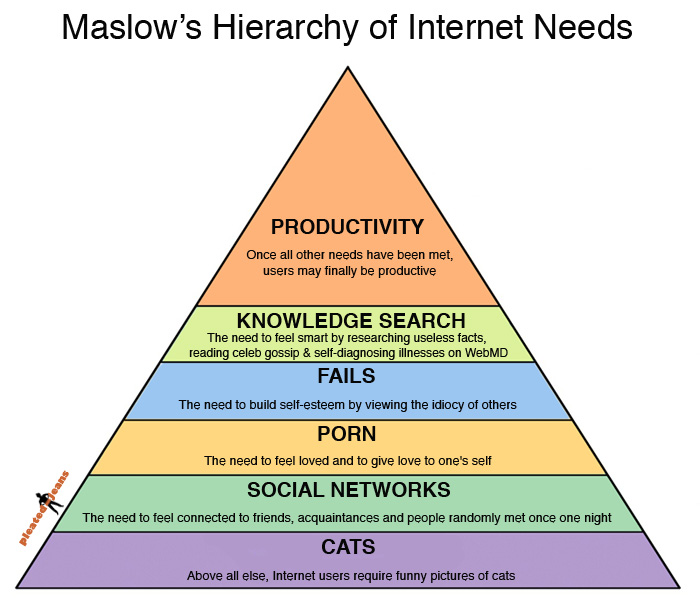It must be the start of the silly season, as lots of words are being flung around about the low number of women in science, technology, engineering, and math (STEM). The numbers are well short of gender parity, which some are latching on to as prima facie proof of misogyny, prejudice, and deliberate stunting of women’s career choices. Legislative and regulatory “fixes” are being suggested. Not so fast, says Eric S. Raymond:
Let’s get one shibboleth out of the way first: Larry Summers was right to be skeptical about the prospects for “equality” in STEM (science, technology, math, engineering) fields in general. Just the difference in dispersion of the IQ curves for males and females guarantees that, let alone the significant differences in mean at spatial visualization and mathematical ability. Removing all the institutional, social and psychological barriers will not achieve a 1:1 sex ratio in these fields; the best we can hope for is a large, happy female minority — that is, as opposed to a small and unhappy one.
[. . .]
I don’t mean to deny that there is still prejudice against women lurking in dark corners of the field. But I’ve known dozens of women in computing who wouldn’t have been shy about telling me if they were running into it, and not one has ever reported it to me as a primary problem. The problems they did report were much worse. They centered on one thing: women, in general, are not willing to eat the kind of shit that men will swallow to work in this field.
Now let’s talk about death marches, mandatory uncompensated overtime, the beeper on the belt, and having no life. Men accept these conditions because they’re easily hooked into a monomaniacal, warrior-ethic way of thinking in which achievement of the mission is everything. Women, not so much. Much sooner than a man would, a woman will ask: “Why, exactly, am I putting up with this?”
Correspondingly, young women in computing-related majors show a tendency to tend to bail out that rises directly with their comprehension of what their working life is actually going to be like. Biology is directly implicated here. Women have short fertile periods, and even if they don’t consciously intend to have children their instincts tell them they don’t have the option young men do to piss away years hunting mammoths that aren’t there.
Eric feels that the big problem (at least in computing) is that the field has become the modern sweatshop: better paid by far than sweatshops of the non-digital nature, but still the kind of work that only appeals to the obsessives, the ones who like to focus monomaniacally on goals. As a general rule, men are much more likely to accept this kind of work, as men tend to have a bias towards monomania that most women don’t.
There’s also the social aspect: geeks don’t talk to one another in the same way or for the same lengths of time as non-geeks do. They may communicate by email or instant messaging or other non face-to-face media, but conversation — unless it’s focused on the task at hand — isn’t a preferred activity during work hours (which, for a true geek, may be all the hours not spent sleeping or eating). Looking at that kind of environment doesn’t attract people who are well socialized and who are used to more interaction with co-workers.
As a comment on Eric’s post put it: “You’re saying the real “problem” with the gender ratios is not sexism, its that most women have more sense than we males do!”




